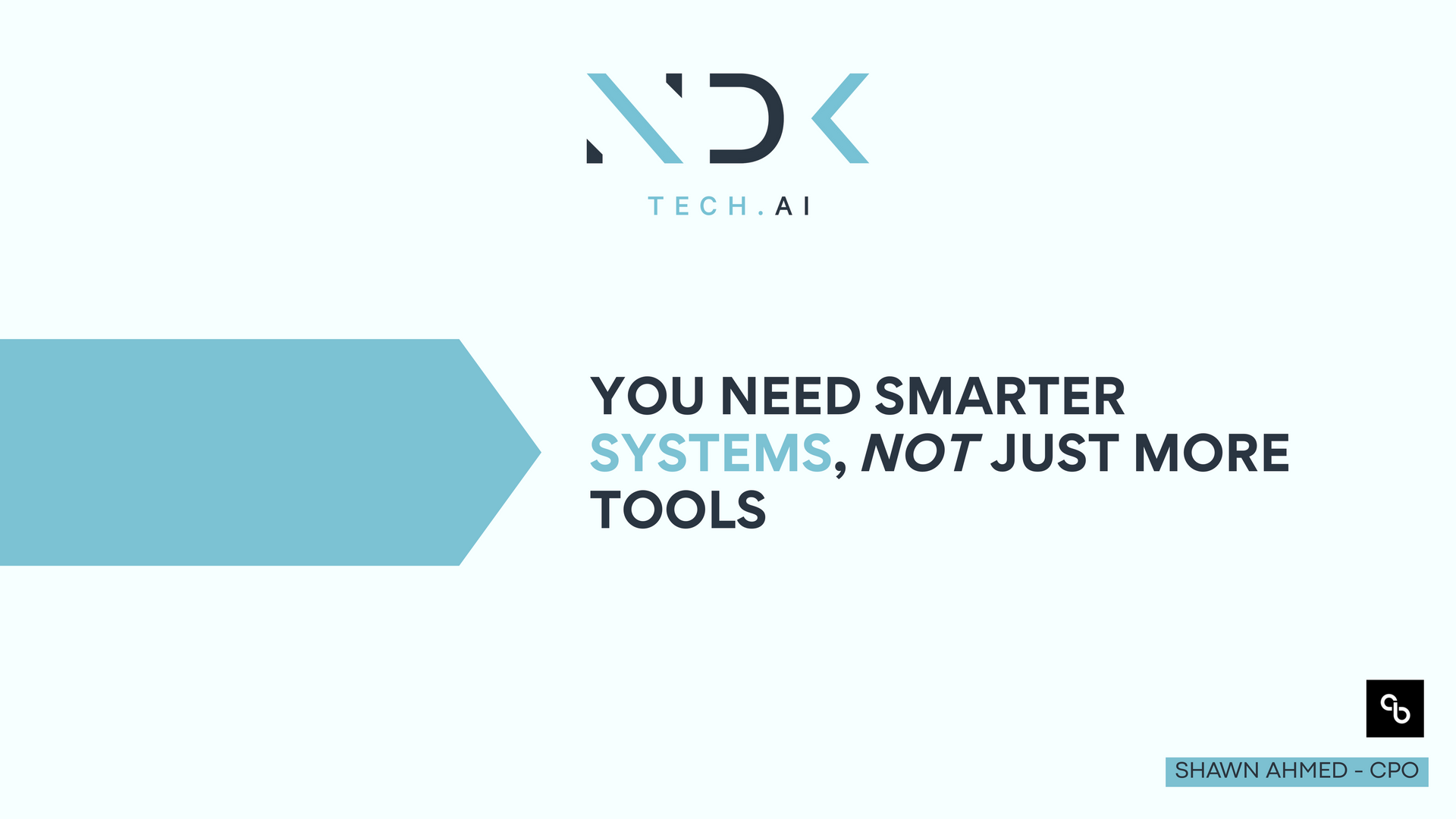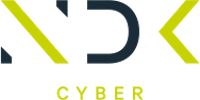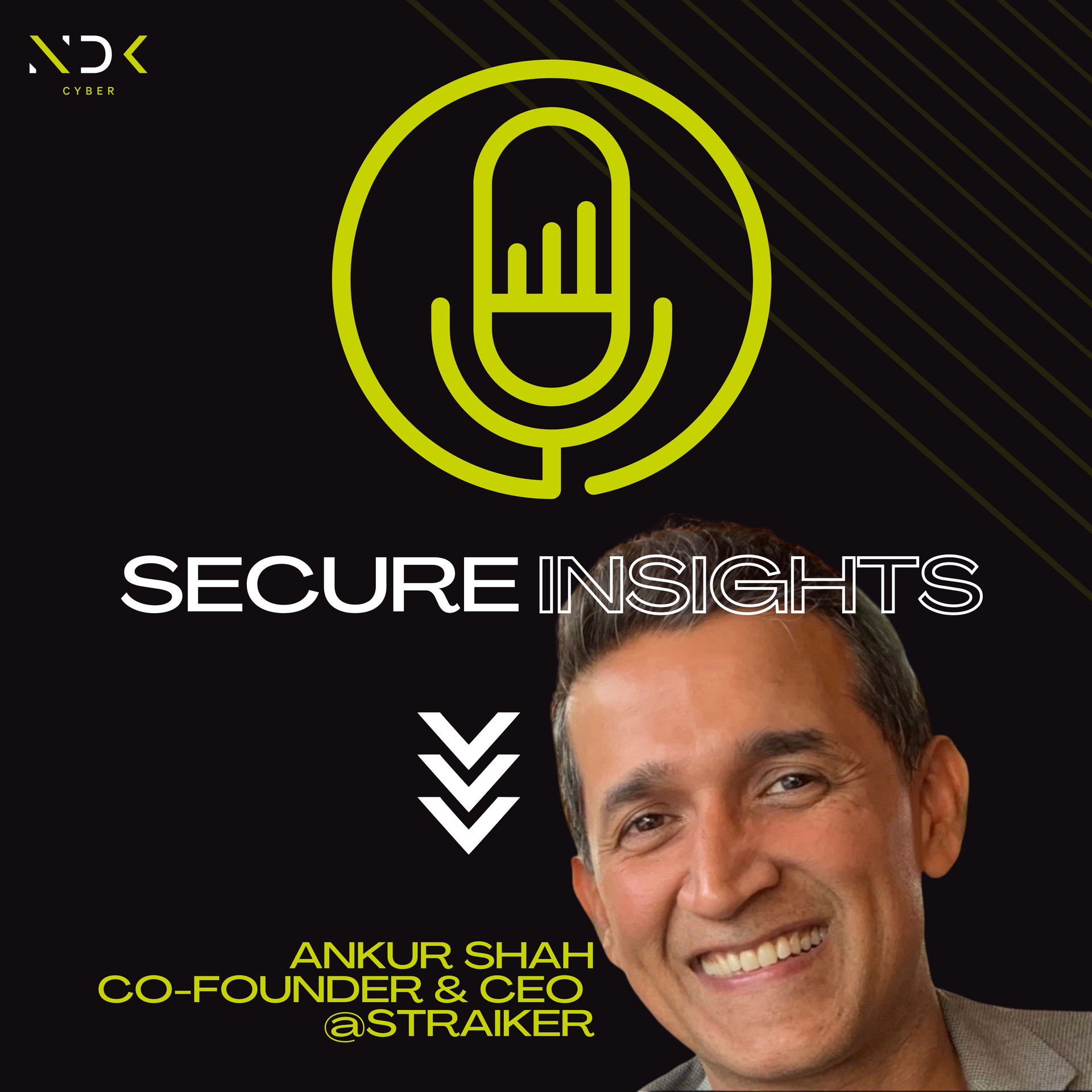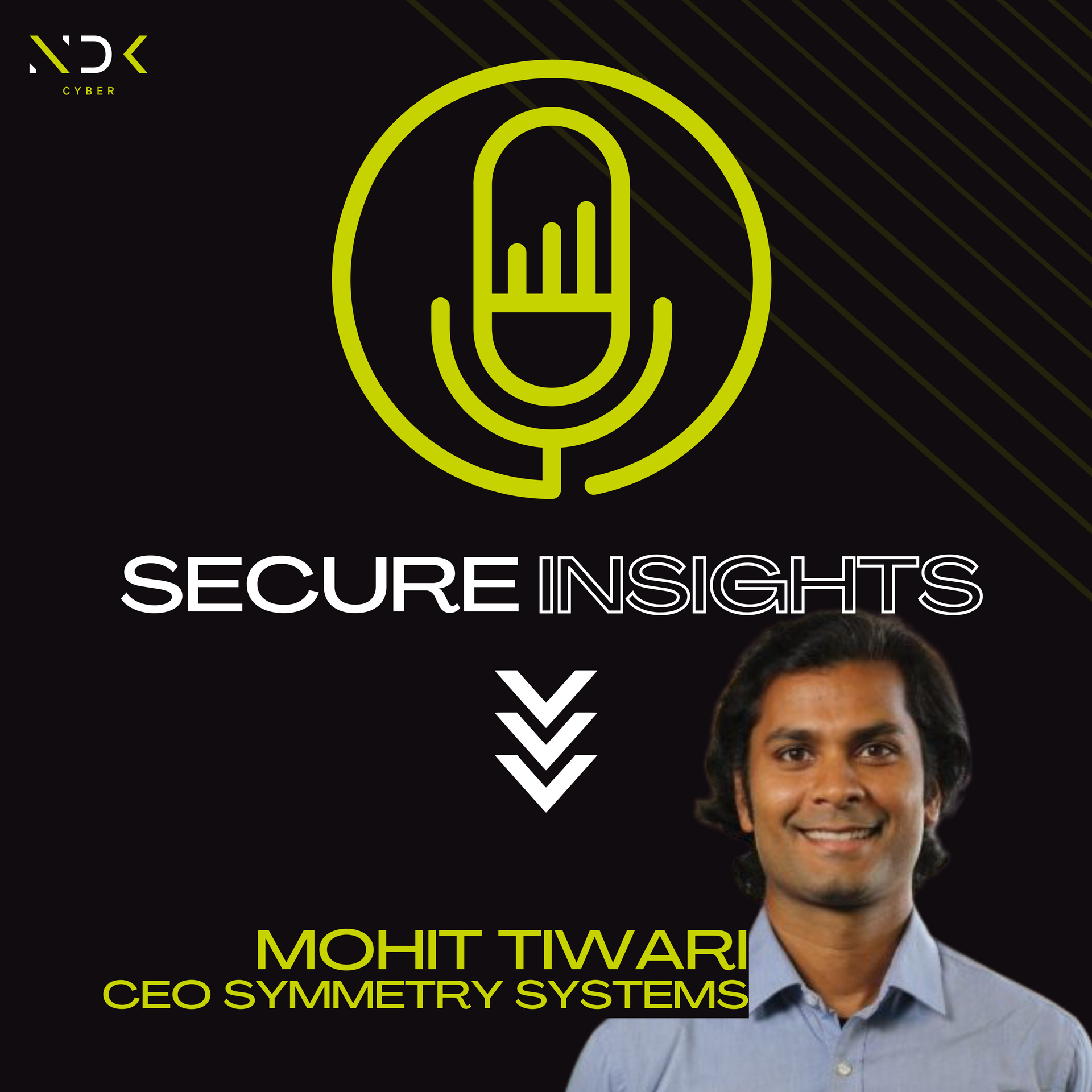Smarter Systems, Better DevOps?
In DevOps, the idea of transformation has become almost routine, each year brings promises of better delivery, improved integration, and enhanced visibility (that might be a triggering sentence if you're in the industry, sorry!). Yet for many teams, those promises do often arrive but with a heavy lift, months of setup, slow rollouts and the burden of reconfiguring existing systems before seeing any of the amazing benefits.
This tension was a hot topic of a recent NDK Tech Future Forward podcast episode, where Shawn Ahmed, Chief Revenue Officer at CloudBees reflected on how DevOps platforms can better serve developers and operators not just in theory, but in the practical sense of saving time and effort from day one.
Ahmed shared a key goal: reducing the time between implementation and real impact. “We wanted to bring users to the ‘aha’ experience not in months, not even in days, but the moment you connect your system,” he said. That kind of immediate insight can be a game-changer, especially for teams operating in large complex environments where time and clarity are at a premium.
Rather than asking developers to start from scratch, modern tools should be able to integrate with existing workflows and give meaningful feedback right away. For example, connecting a code repository should automatically trigger code analysis, highlight security concerns, suggest standard workflows and unify relevant data all without bouncing between interfaces or configurations.
This more responsive model shifts the emphasis from simply automating tasks to supporting the decision-making process. Rather than leaving users with static dashboards or isolated alerts the systems can begin to surface insights that are relevant and actionable in context.
Shawn also pointed to an emerging shift toward more natural ways of interacting with DevOps platforms. The idea is not about handing control over to a machine but about simplifying access. He envisions a future where developers can manage their environments through straightforward conversations with a system that understands their intent. That could mean moving away from complex user interfaces and toward more conversational, guided interactions that support rather than interrupt the development process.
For highly regulated industries like finance and banking, these kinds of improvements aren't just about speed. They're about reliability, repeatability and the ability to make informed decisions with confidence. As platforms become better at organising and connecting information across tools, the hope is that they can help users stay ahead of risk rather than react to it.
Of course, any shift in how systems operate brings new considerations. Transparency and trust in how information is presented will matter just as much as technical performance. But what resonated in the Future Forward discussion was a broader idea: DevOps doesn’t necessarily need more tools. What it needs is a better experience for the people using them.
The future of DevOps may not be defined by the next big feature, but by how well platforms support developers in doing their best work. That means less noise and more clarity with tools that don't just work but work with you.
Listen to the full episode of Future Forward with Shawn and Nick here












